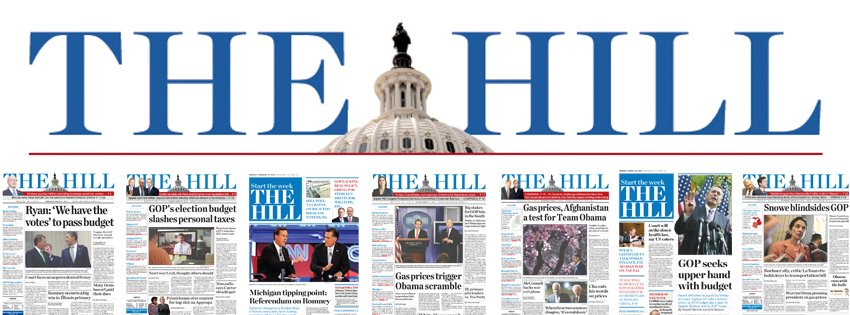Pssst---Congress did stuff this week!
Plus: Who will win the presidential election and an event on changing the rules of the House
Media coverage of the Hill this week was sapped a bit by the presidential debate, which got an enormous amount of stories, videos, reports, and spin from talking heads.
What news we got about Congress largely told a tale of conflict and failure: Speaker Mike Johnson (R-LA) was unable to cobble together a majority to pass a continuing resolution to keep the government open after September 30.
Note: Earlier this year the House passed a budget resolution and 5 of the 12 appropriations bills.
Aside: Johnson’s plight is no surprise. This is what happens when you have a party with a narrow majority and factions within it that have competing “must-haves”—and some of these folks sincerely believe that closing the government is the right way to get a better budget deal and to please primary voters and campaign donors.
But it was not all conflict and failure on Capitol Hill. In fact, the House of Representatives was busy. It passed bipartisan legislation to:
Strengthen the Congressional Research Service’s authority to get data from federal agencies to aid congressional oversight (H.R. 7593);
Direct the Librarian of Congress to promote the more cost-effective, efficient, and expanded availability of the Annotated Constitution and pocket part-supplement by replacing the hardbound versions with digital versions (H.R. 7592);
Authorize the Department of Homeland Security's Science and Technology Directorate to bolster research and development of means to improve the detection of drugs such as fentanyl and xylazine (H.R. 8663);
Amend the Help America Vote Act of 2002 to ensure that States allow access to designated congressional election observers to observe the election administration procedures in congressional elections (H.R. 6513).
And some other substantive things.
I should add that thanks to work begun by the Committee on House Administration a couple of years ago the Congressional Research Service has a new director: Karen Donfried.
You can read about this good news in my column in The Hill: “Good luck to the Congressional Research Service’s new leader.”
What about the Senate, you ask? Well, its output was a lot lower. The “World’s Greatest Deliberative Body” voted on some nominations—seven at the time of writing. But it did not do anything else visible to outsiders, and, for the record, it did not pass a budget resolution this year or any of the 12 spending bills.
About the presidential election
I have had a number of people, including my kids, ask me, “Who is going to win in November?” My answer is—I have no idea. As I explained in the above video, there are data points that favor Mr. Trump and others that favor Ms. Harris.
For example, people feel inflation and they hate it, and they are more likely to pin that anger on Biden and Harris than Trump (who, to be fair, did sign bills that pumped lots of money into the economy.) Additionally, a majority of voters do not think Biden is doing a good job.
On the other hand, Trump has high negatives, and the novelty that drew curious voters to him in 2016 is fading. And then there is the abortion issue, which may well send more undecided women to vote for Harris than Trump.
Anyhoo, please check out the video where we chat about the polls, the two party’s platforms, and this week’s debate.
Event: Changing the Rules of the House
“The Hoover Institution’s Center for Revitalizing American Institutions (RAI) and the Sunwater Institute invite you to a reception and brief presentation on reinvigorating the U.S. House of Representatives through rules reform on Tuesday, September 17th, from 5:00pm - 6:30pm.
The presentation will include brief remarks by former House members Jim Cooper (D), Rodney Davis (R), Dan Lipinski (D), and Reid Ribble (R), as well as introductions by Matthew Chervenak, Founder and President of the Sunwater Institute and Brandice Canes-Wrone, Hoover Senior Fellow and Professor of Political Science at Stanford.
“The Task Force is made up of former members, former staffers, and congressional scholars who care deeply about the people’s chamber. It has spent the past 9 months reviewing the literature, discussing our task force members’ experiences on the Hill, studying past changes to rules, and conducting a series of workshops to determine what rule changes are desirable, possible, and viable.”





